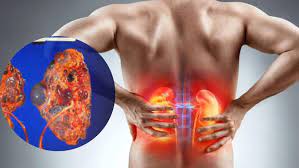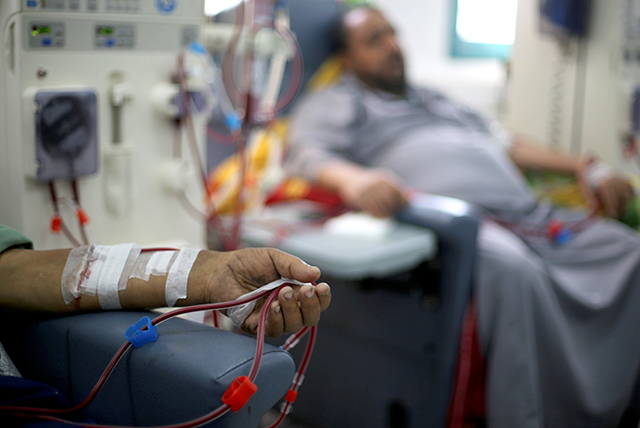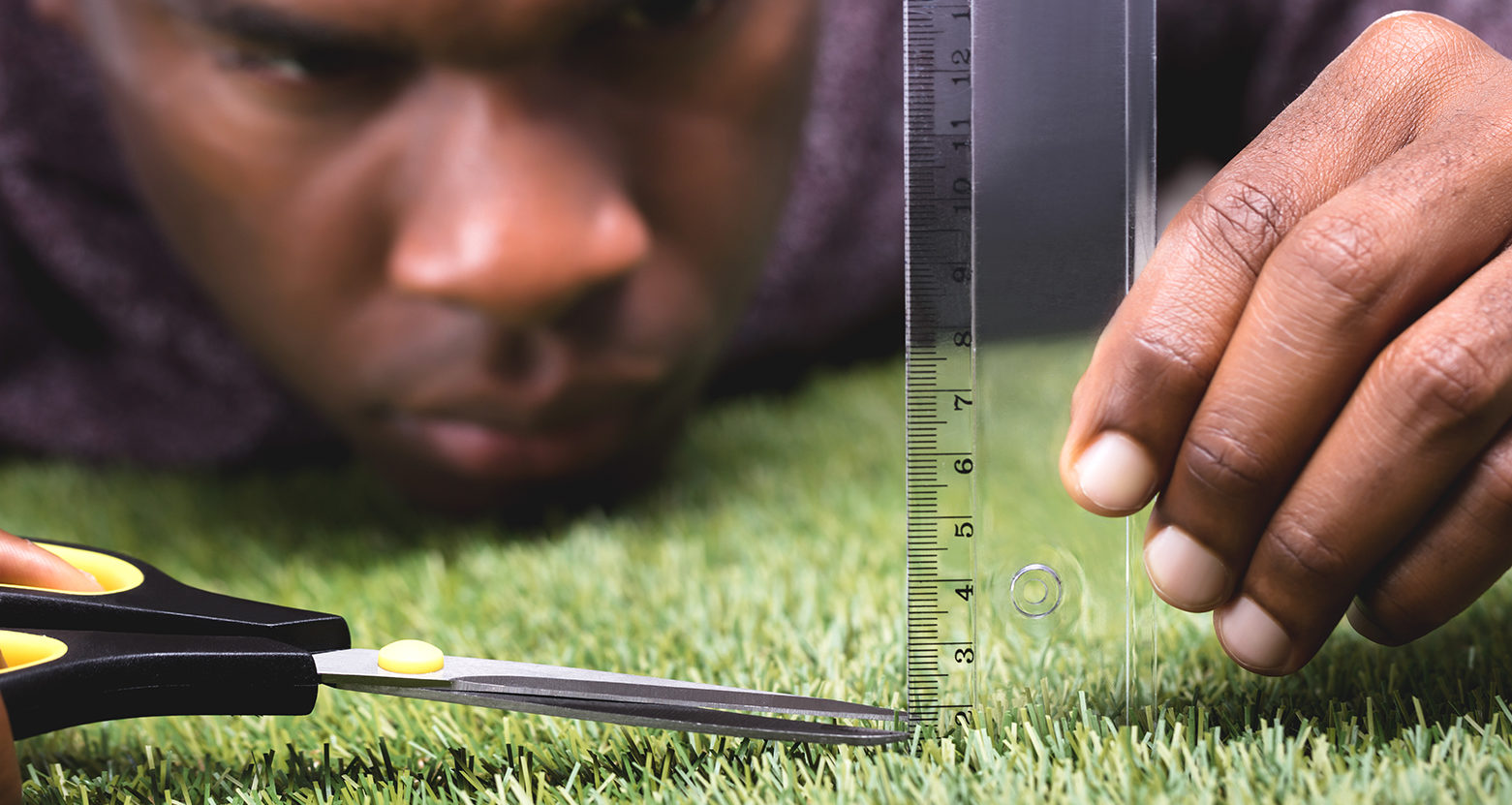Early Signs of Kidney Problems
This article on the signs of kidney problems is of utmost importance since kidneys play a crucial role in maintaining our overall health by filtering waste products from the blood, balancing electrolytes, and regulating blood pressure.
Unfortunately, kidney problems can often go unnoticed until they reach an advanced stage. It is essential to be aware of the signs and symptoms that may indicate potential kidney issues.
By recognizing these early warning signs, we can seek prompt medical attention and potentially prevent further damage. In this article, we will discuss some common signs of kidney problems that should not be ignored.
Changes in Urination: One of the primary indicators of kidney problems is changes in urination patterns. Pay attention to the following symptoms:
- Increased frequency of urination, especially during the night (nocturia).
- Urgency to urinate.
- Decreased urine output or difficulty urinating.
- Foamy or bubbly urine, indicating protein leakage.
Blood in Urine: Hematuria, the presence of blood in the urine, can be a sign of kidney damage. Although it may not always be visible to the naked eye, blood in the urine can cause it to appear pink, red, or brown.
If you notice any discoloration, it is important to consult a healthcare professional for further evaluation.

Persistent Fatigue and Weakness: Healthy kidneys produce a hormone called erythropoietin, which stimulates the production of red blood cells.
When the kidneys are not functioning properly, the production of this hormone decreases, leading to a decrease in red blood cells and subsequent anemia.
Fatigue, weakness, and a general lack of energy are common symptoms of anemia resulting from kidney dysfunction.
Fluid Retention and Swelling: When the kidneys fail to eliminate excess fluid from the body, it can lead to swelling in various parts, including the legs, ankles, feet, and face. This condition is known as edema and occurs due to the buildup of fluid and salt retention.
If you notice unexplained swelling, it may be an indication of underlying kidney problems.
Persistent Back Pain: Kidney problems can cause persistent, dull pain in the lower back region, just below the rib cage. This pain may occur on one side or both sides, depending on the affected kidneys.
It is important to note that not all back pain is related to kidney issues, but if it is accompanied by any other signs mentioned in this article, it is recommended to consult a healthcare professional.
Changes in Appetite and Weight Loss: Loss of appetite, nausea, and vomiting are common symptoms associated with kidney problems. The buildup of waste products and toxins in the body due to impaired kidney function can lead to these digestive disturbances.
Consequently, weight loss may occur as a result of a decrease in appetite and an altered metabolism.
Here are some additional insights regarding signs of kidney problems
High Blood Pressure: The kidneys and blood pressure are closely intertwined. Kidney damage can lead to increased blood pressure, and conversely, high blood pressure can contribute to kidney problems.
If you have uncontrolled or difficult-to-manage hypertension, it is advisable to get your kidneys evaluated as part of your overall health assessment.
Changes in Urine Color and Odor: In addition to blood in the urine, other changes in urine color and odor may indicate kidney issues. Dark, cloudy, or unusually strong-smelling urine can be signs of an underlying problem. Pay attention to any persistent changes in these characteristics.
Metallic Taste in the Mouth: Kidney dysfunction can alter the taste buds and cause a persistent metallic taste in the mouth, known as dysgeusia. This unpleasant taste can affect your appetite and overall enjoyment of food.
Itchy Skin and Dryness: The kidneys play a vital role in filtering toxins and waste products from the bloodstream. When the kidneys are not functioning properly, these waste products can accumulate in the body, leading to itchy skin and dryness.
This is often accompanied by a feeling of skin crawling or an increased susceptibility to skin infections.
Muscle Cramps and Restless Legs Syndrome (RLS): Electrolyte imbalances resulting from kidney problems can cause muscle cramps, especially in the legs. Additionally, individuals with kidney issues may experience Restless Legs Syndrome, a condition characterized by an uncontrollable urge to move the legs due to discomfort or an unpleasant sensation.
Difficulty Concentrating and Mental Fog: Kidney problems can lead to a buildup of toxins in the bloodstream, affecting brain function. This can result in difficulty concentrating, memory problems, and a feeling of mental fog or confusion.
Shortness of Breath: Kidney dysfunction can contribute to the accumulation of fluid in the lungs, leading to difficulty breathing or shortness of breath. This symptom may be particularly noticeable during physical exertion or when lying down flat.
It is important to remember that while these signs and symptoms can be indicative of kidney problems, they are not exclusive to kidney issues alone. They may also be associated with other medical conditions.
If you experience any persistent or concerning symptoms, it is always best to consult with a healthcare professional for a proper evaluation and diagnosis.
By being aware of these signs and seeking timely medical attention, individuals can take proactive steps towards preserving kidney health and managing potential kidney problems effectively.
Things to know when you discover the signs
When you discover signs of a potential kidney problem, it is important to keep the following things in mind:
Consult a Healthcare Professional: It is crucial to seek medical advice from a healthcare professional, such as a primary care physician or a nephrologist (a doctor specializing in kidney care). They can conduct the necessary tests, evaluate your symptoms, and provide an accurate diagnosis.
Be Prepared for Medical Evaluation: Prepare for your medical evaluation by being ready to provide detailed information about your symptoms, their duration, and any factors that may have contributed to them.
This can help your healthcare provider assess your condition more effectively.
Diagnostic Tests: Your healthcare professional may recommend various diagnostic tests to assess your kidney function and identify any underlying issues.
These tests may include blood tests, urine tests, imaging studies (such as ultrasound or CT scan), and possibly a kidney biopsy. Be prepared to undergo these tests as they can provide valuable information for diagnosis and treatment planning.
Follow Medical Advice: Once diagnosed, it is crucial to follow the medical advice and treatment plan prescribed by your healthcare professional. This may include lifestyle modifications, medications, dietary changes, and regular monitoring of your kidney function.
Adhering to the recommended treatment plan can help manage the condition effectively and prevent further damage.
Educate Yourself: Take the time to educate yourself about kidney health and the specific condition you have been diagnosed with. Understand the causes, risk factors, and potential complications associated with kidney problems.
Knowledge empowers you to actively participate in your own healthcare and make informed decisions.

Lifestyle Modifications: In many cases, lifestyle modifications can play a significant role in managing kidney problems. Follow a healthy and balanced diet, low in salt, and avoid excessive protein intake.
Stay hydrated by drinking an adequate amount of water unless otherwise advised by your healthcare professional.
Engage in regular physical activity and maintain a healthy weight. Additionally, quit smoking and limit alcohol consumption, as these habits can further harm your kidneys.
Monitor Your Symptoms: Keep a record of your symptoms, their severity, and any changes you may notice. This can help you and your healthcare professional track your progress and make necessary adjustments to your treatment plan.
Support Networks: Reach out to support networks, such as family, friends, or support groups, who can provide emotional support and help you navigate the challenges associated with kidney problems.
Sharing your experiences with others who have faced similar situations can be beneficial.
egular Check-ups: Schedule regular follow-up appointments with your healthcare professional to monitor your kidney function, assess the effectiveness of treatment, and make any necessary adjustments to your care plan.
Remember, early detection and intervention can make a significant difference in managing kidney problems. By seeking timely medical attention, following the prescribed treatment plan, and adopting a healthy lifestyle, you can improve your quality of life and promote kidney health.
Conclusion
Kidney problems are a serious health concern that should not be taken lightly. Early detection and intervention can significantly improve the prognosis and prevent further damage to the kidneys. If you notice any of the signs mentioned above, it is crucial to consult a healthcare professional promptly for proper diagnosis and appropriate treatment.
Regular check-ups, maintaining a healthy lifestyle, staying hydrated, and managing underlying conditions such as diabetes and high blood pressure can also help promote kidney health and prevent potential problems. Remember, your kidneys play a vital role in your overall well-being, so take care of them wisely.
Foods to avoid with Kidney Failure
How To Take Care of Your Kidney

A graduate of Computer Science and Information Management Technology. Diploma – Caregiving, Certificates – Dementia and Diabetes Awareness and Management. A researcher, blogger, songwriter, singer and acoustic guitarist. Born in an environment where natural talents such as healing are imparted at our natural birth. This natural talents of healing is the result of our genetic inheritance and the training from family environment.



















